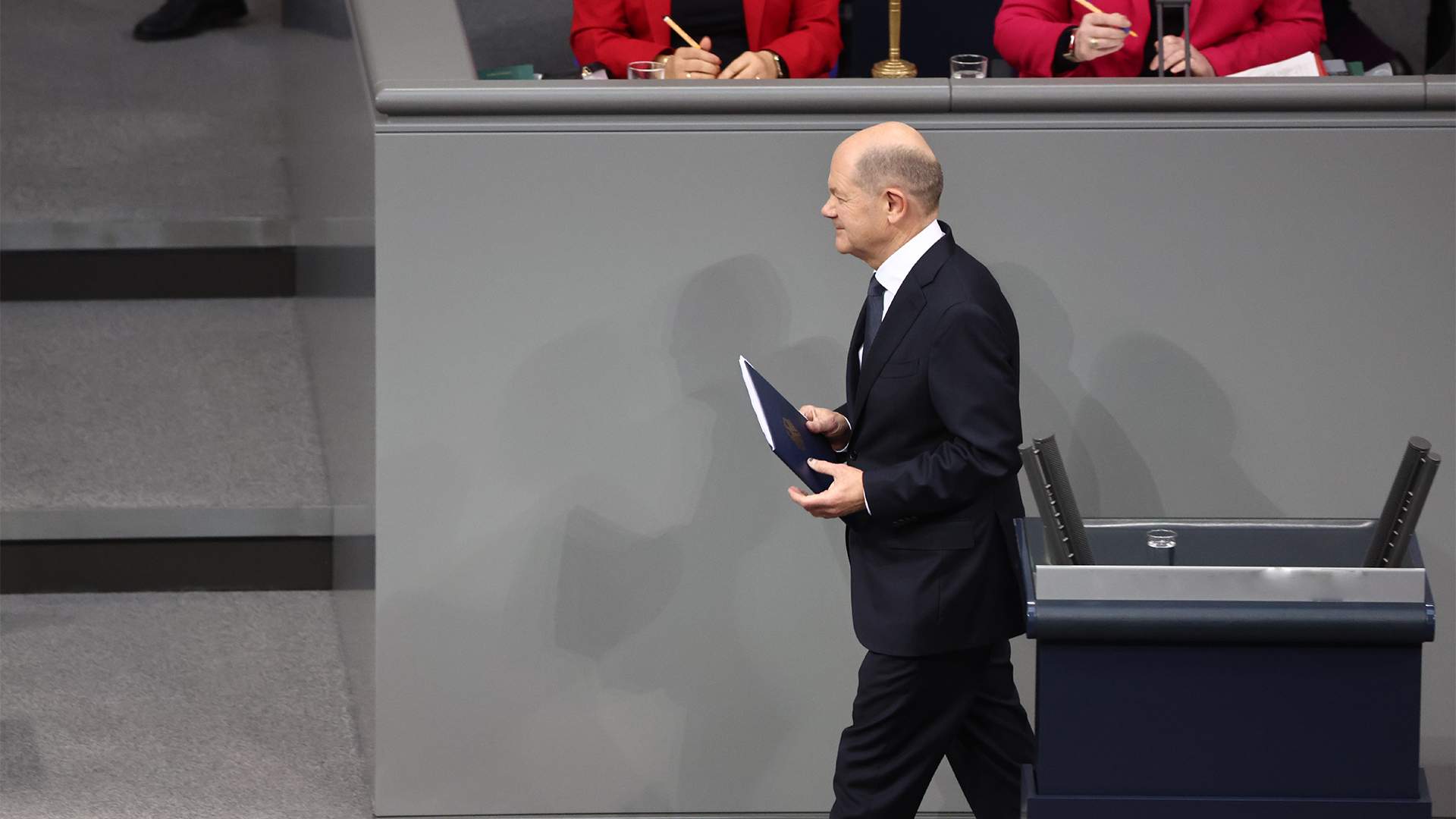Fiasco according to plan: Olaf Scholz's government faces a vote of no confidence

The Bundestag has voted for a vote of no confidence in the government of Olaf Scholz. In support of the chancellor and his cabinet were 207 deputies out of 717, 394 voted against, with 116 abstentions. What scenario will now develop and what is expected to be the nearest political future of Germany, "Izvestia" tells us.
Vote of no confidence in Scholz: what happened
Immediately after the vote, Olaf Scholz went to the Bellevue Palace, the Berlin residence of the President of the Federal Republic of Germany, where he submitted to the President a proposal to dissolve the Bundestag. Most likely, Frank-Walter Steinmeier will thus approve the result of the vote and call a snap election. Preliminarily, they will be held on February 23, 2025. The president has 21 days to make a decision, until December 27.
The Government will continue to perform its duties. According to Article 69 of the Basic Law (Germany has no constitution), the powers of the federal chancellor cease a maximum of 30 days after a new election. And if no governing coalition is formed by then, the federal president can petition the outgoing government to extend the term until the members of the next cabinet are sworn in.
Is this sensationalized?
The decision for early elections was made back on November 6, when it became known that the so-called traffic light coalition, which consisted of the Social Democrats (SPD), the Greens and the Free Democrats (SVDP), had disintegrated. After the withdrawal of the latter, Scholz led a "red-green" minority government. At the same time, in early November, a date of February 23 was agreed upon. In this context, the vote of no confidence was necessary to formalize the de facto election campaign that had already begun.
At the same time, there was a certain probability that, despite the collapse of the coalition, the vote would not garner the necessary number of votes. The Greens leadership urged its 117 MPs to abstain from voting, but only so that the opposition Alternative for Germany (76 votes) could not derail plans for snap elections and damage its main rivals from the Christian Democratic Union (CDU).
Election race
The prospect of voting for a new Bundestag has thus become almost inevitable. For this reason, representatives of the parliamentary parties tried to use the vote of no confidence in the government as another opportunity for political campaigning.
The leader of the CDU and one of the favorites in the fight for the post of chancellor, Friedrich Merz, accused Olaf Scholz of a failed economic policy. He said that Germany is experiencing one of the biggest economic crises in post-war history.
For his part, SPD head Lars Klingbeil expressed regret over the actually planned result, but called the move the right one. "This is not the day I would have wanted. But this day was necessary to bring clarity to what is happening in the country," the politician said.
What the polls say
According to opinion polls, the leader of the election race is the CDU (32%), with the Alternative for Germany in second place (17-20%).
In polls about who Germans think should become the next chancellor, the candidate "Nobody" (22%) is ahead. He is followed by the leaders of the two rival parties - Friedrich Merz and Alice Weidel of the AdG - with a significant gap and the same result. Both have 17% each. In the same polls, where it is not possible to vote "against all", they have 21% each.
However, most likely, despite the high ratings and probably the same result, none of the representatives of the Alternative for Germany in the future government will not get into the composition of the future government. The vast majority of analysts expect the formation of a coalition of CDU and Social Democrats.
What people want
Experts recognize that the main topic in the sprint for the election will be the rapidly deteriorating economic situation in the country. Meanwhile, like other major problems in Germany, migration and relations with the European Union, it is closely tied to the Ukrainian issue. Analysts note that the recent movement toward moderation and careful statements on the part of the Social Democrats should, according to their plan, serve as a counterbalance to the militant rhetoric of the CDU. In this context, the case of the Taurus missile deliveries to Kiev is illustrative. The Christian Democrats and the SVDP are in favor of sending these weapons, while Scholz, who represents the SPD, consistently refuses to do so.
At the same time, experts point to the declining interest of the German electorate in foreign policy issues. This, in their opinion, explains the progressive growth of popularity of opposition political forces - "Alternative for Germany" and "Sarah Wagenknecht's Union". The latter are gaining from 7% to 9% in various polls.
Переведено сервисом «Яндекс Переводчик»





